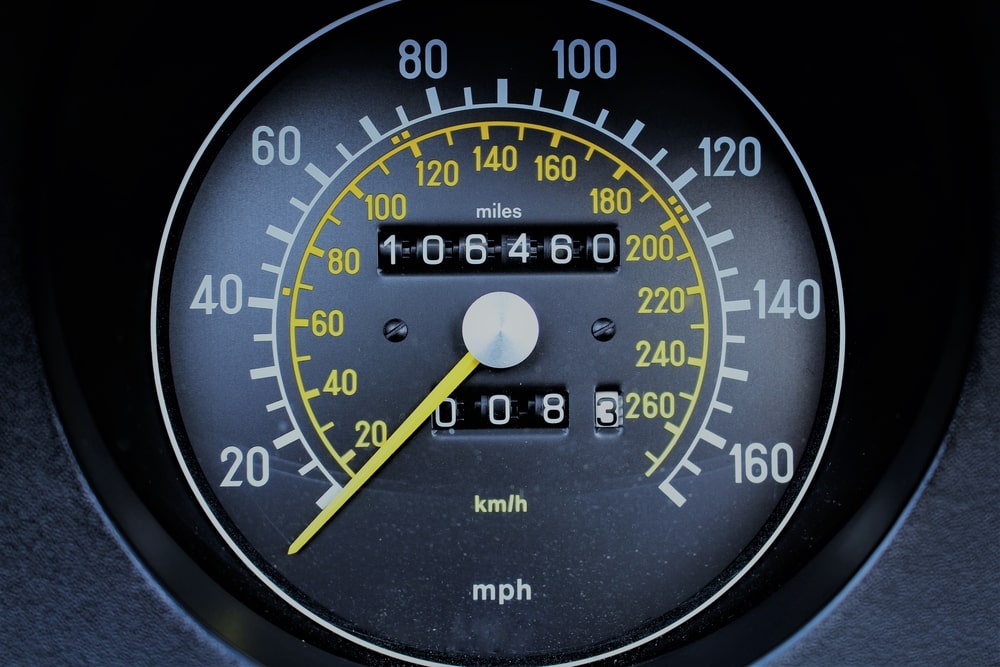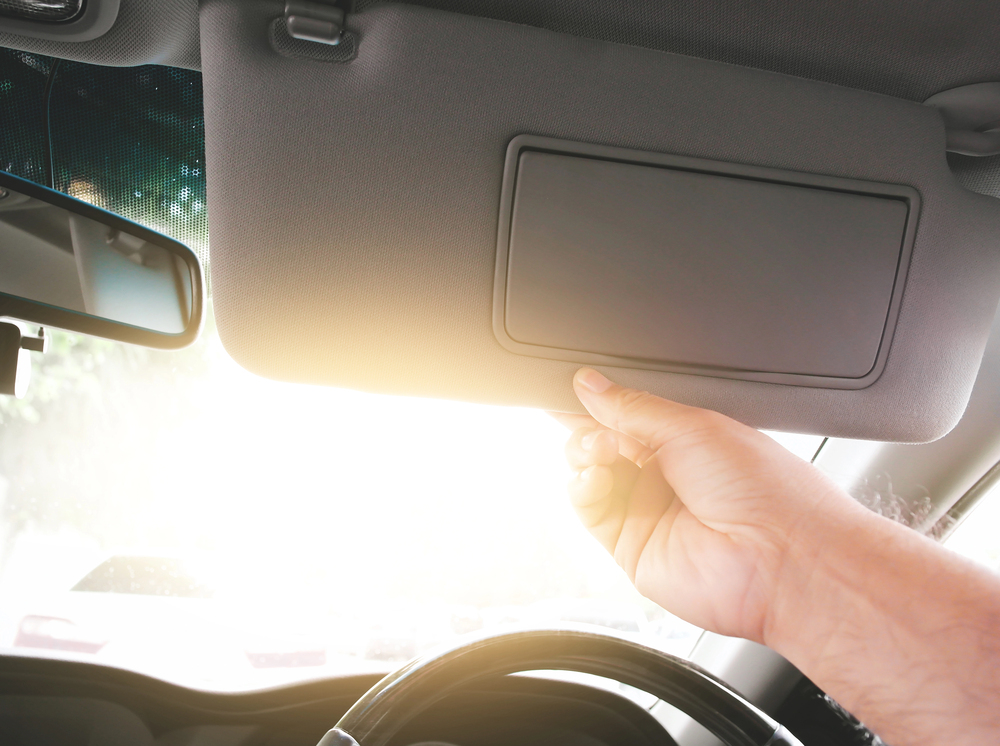What a Vehicle Title Check Can Reveal About Your Car
Artak Sahakyan
Created by: Aug 22, 2025
|
Modified by: Nov 07, 2025

Don’t make the mistake of evaluating the car’s value and condition based on aesthetics alone. Just because the engine sounds normal, the paint is shiny, the seats aren't too worn out and the guy selling it seems honest enough does not mean the car you are intending to purchase is free of major defects. It is vital to the check vehicle’s history and title document before you buy.
What Is a Salvage Title Really?
The vehicle title is a vital document that serves not only as the proof of ownership but also keeps record of any major events in the vehicle’s history. A title may identify possible brands that occurred when the car was determined to be a total loss by the insurance company at a certain point in its lifespan. Most popular title brands include salvage, reconstructed, lemon, theft recovery, flood and fire. Branded title vehicles have the title brand displayed directly on the vehicle’s title to indicate that the car has a history involving serious damage. A branded title vehicle is considered less desirable and tends to sell for as much as 40% less than its clean history counterpart. The reason for this is the fact that the quality, safety and long-term reliability of a car with a history of catastrophic damage will depend highly on the quality of the repair. Often vehicles with damages exceeding their insurance assessed values are repaired with a lot of cost cutting and may result in compromised safety features, mechanical, electrical and even structural issues.
A Clean Title is Usually Your Best Option
Clean title vehicles tend to be more desirable, as they do not have a history of total loss resulting from major accidents, weather events and fires. Clean title cars have some real advantages. When my cousin sold his Honda last year, he had multiple serious buyers within just a few days of the sale posting. This can be attributed to the fact that the vehicle had a clean title and it was priced at private party market value. Needless to say, the car was sold within a week’s time at full asking price.
Another added advantage of buying a clean title vehicle is evident when you go to register and insure the vehicle. Car with a clean title can be easier to insure in most states with proper ownership paperwork. On the other hand, many states require salvage vehicles to go through additional safety inspections and theft checks, as well as requiring additional documents showing that the parts used to repair the vehicle were lawfully purchased. Some insurance companies may even have higher rates on branded title vehicles, making them more expensive to insure.
Just because the car has a clean title doesn't always mean it is in perfect condition. I've seen clean title cars that had small accidents but were fixed properly. That's why I always recommend getting the car checked by a mechanic too, even if the title looks good. A vehicle history report can give you some peace of mind by possibly identifying negative events in the vehicle’s history.
Salvage Title Warning Signs
Checking the title documents for title branding may not always help you identify if the car has ever been deemed as a total loss. The issue is some disingenuous sellers may participate in the very deceptive and illegal practice of title washing. Title washing allows someone to get a clean title for a branded title vehicle by registering it out of state. This unfortunate loophole has been around for years and is considered a common practice amongst some scammers and used car dealers.
Simple steps you can take to identify if the vehicle has ever had a branded title:
- Run a Vehicle History Check – Regardless, if the vehicle currently holds a clean title, a vehicle history report can identify title brands and unveil vital details related to those catastrophic events.
- Have the vehicle inspected by an independent automotive technician.
- Check the Vehicle Identification Number (VIN) in your local DMV. Some states even offer an online VIN check, which can provide basic information about the vehicle’s legal status.
The only advantage of buying a salvage vehicle is the initial price; however, it is vital to keep in mind you are more likely to make up for the savings in unexpected ownership and repair costs over time. If you're still thinking about buying a salvage title car, there is one additional caveat to consider and that has to do with the fact that most lenders will not issue a loan for a salvage vehicle, meaning you will most likely be forced to pay for the car outright. The final drawback of buying a salvage title vehicle is the fact that you will eventually need to sell it and it will take longer and be considerably more difficult to get rid of, even at a reduced price.
Used car buying tips
- Have the title checked with your local DMV or governing vehicle authority.
- Do a simple VIN check to get a full vehicle history report. You can get your report in just a few short minutes by visiting CarValid.com and entering the VIN in any one of the VIN search boxes on the website.
- Make sure the VIN on the car matches exactly what's displayed on the title. Avoid very costly mistakes and legal battles by not buying a potentially stolen vehicle.
- Check for liens. The most common types of vehicle liens are placed by banks or lending institutions and will not get released until the vehicle is paid off.
- Bring the vehicle to a trusted automotive technician to have it professionally inspected.
Cars are not too dissimilar to people, as you really need to get to know them before relying on them. It's always better to know the truth now than be sorry later. So, make sure to check the vehicle’s title status before you buy your next preowned car.





